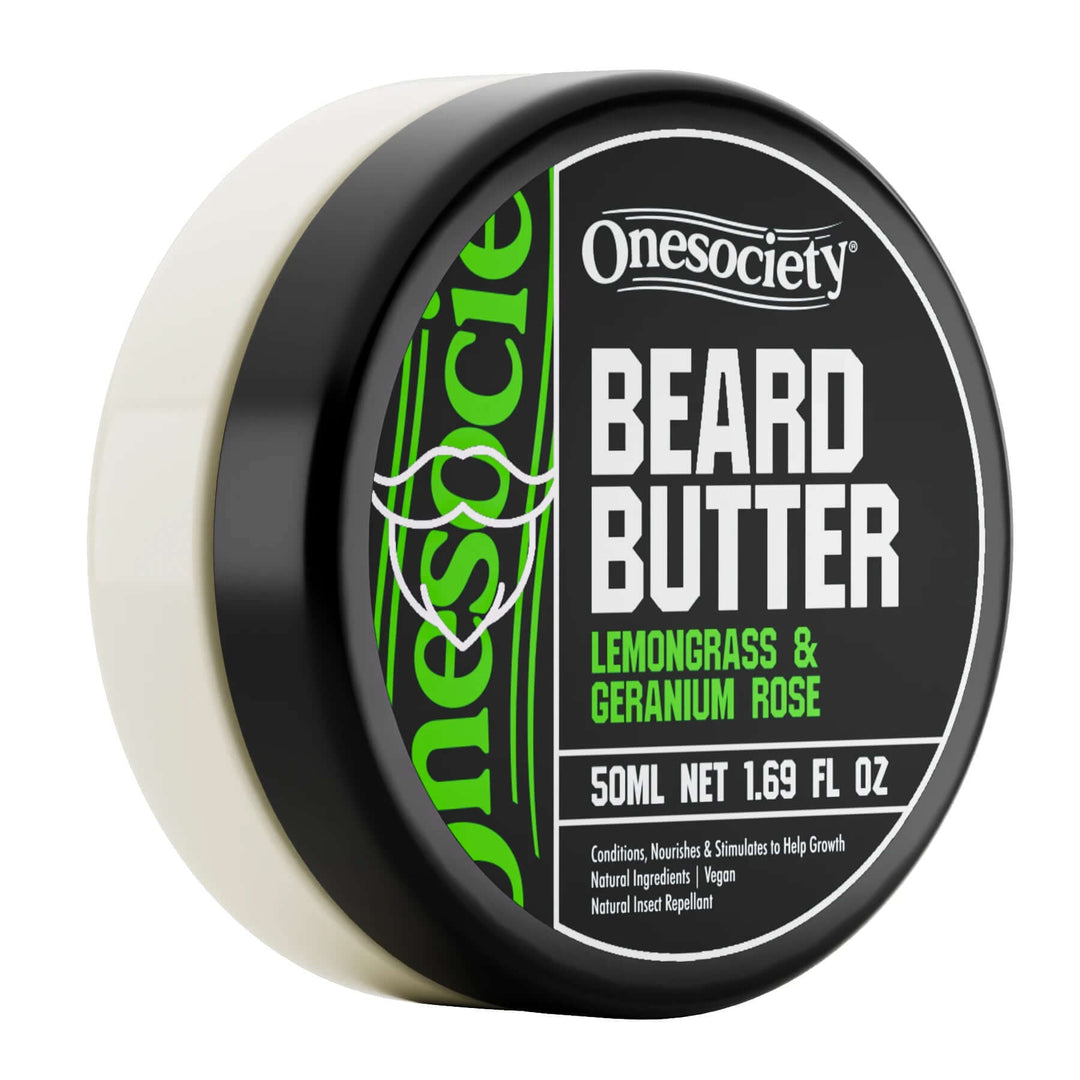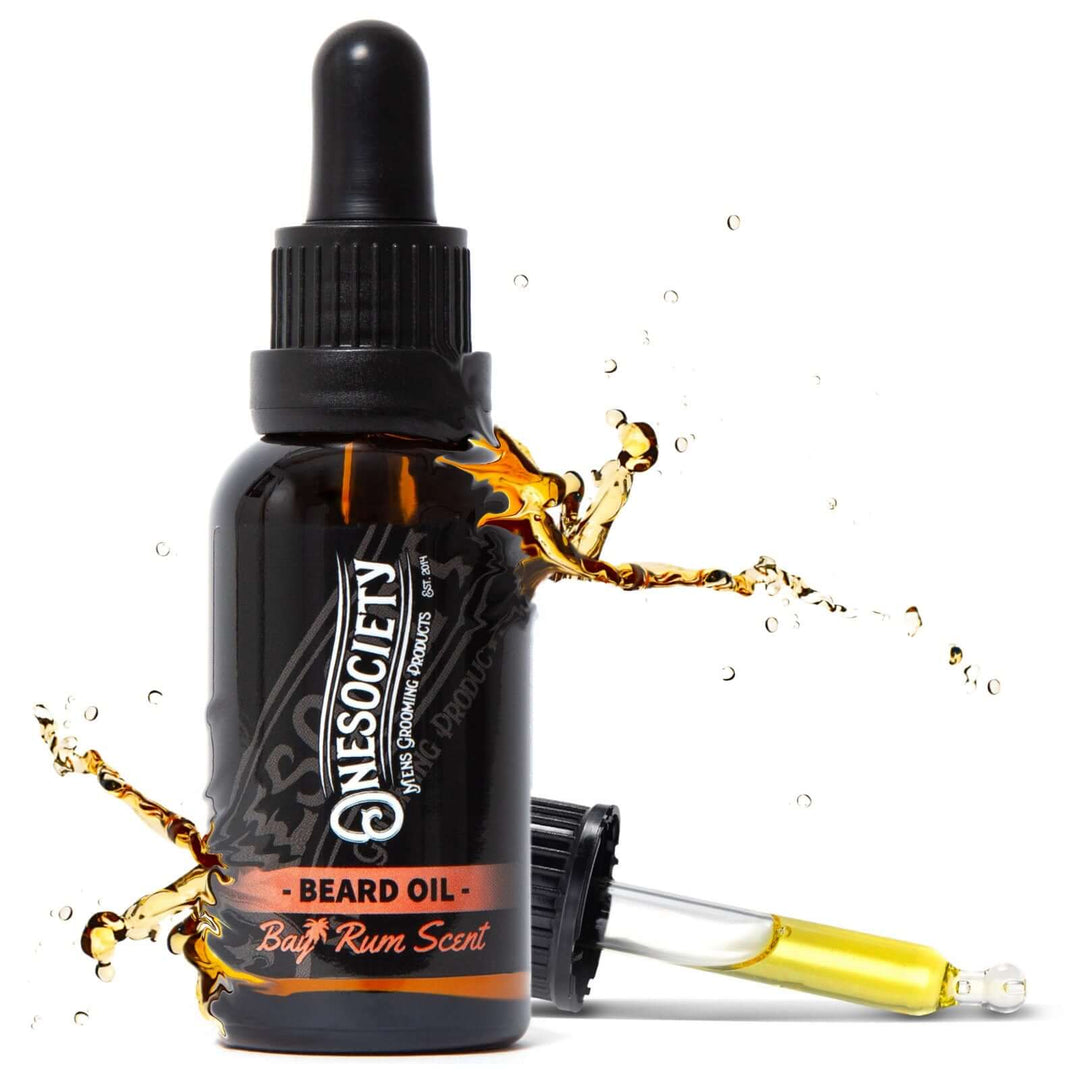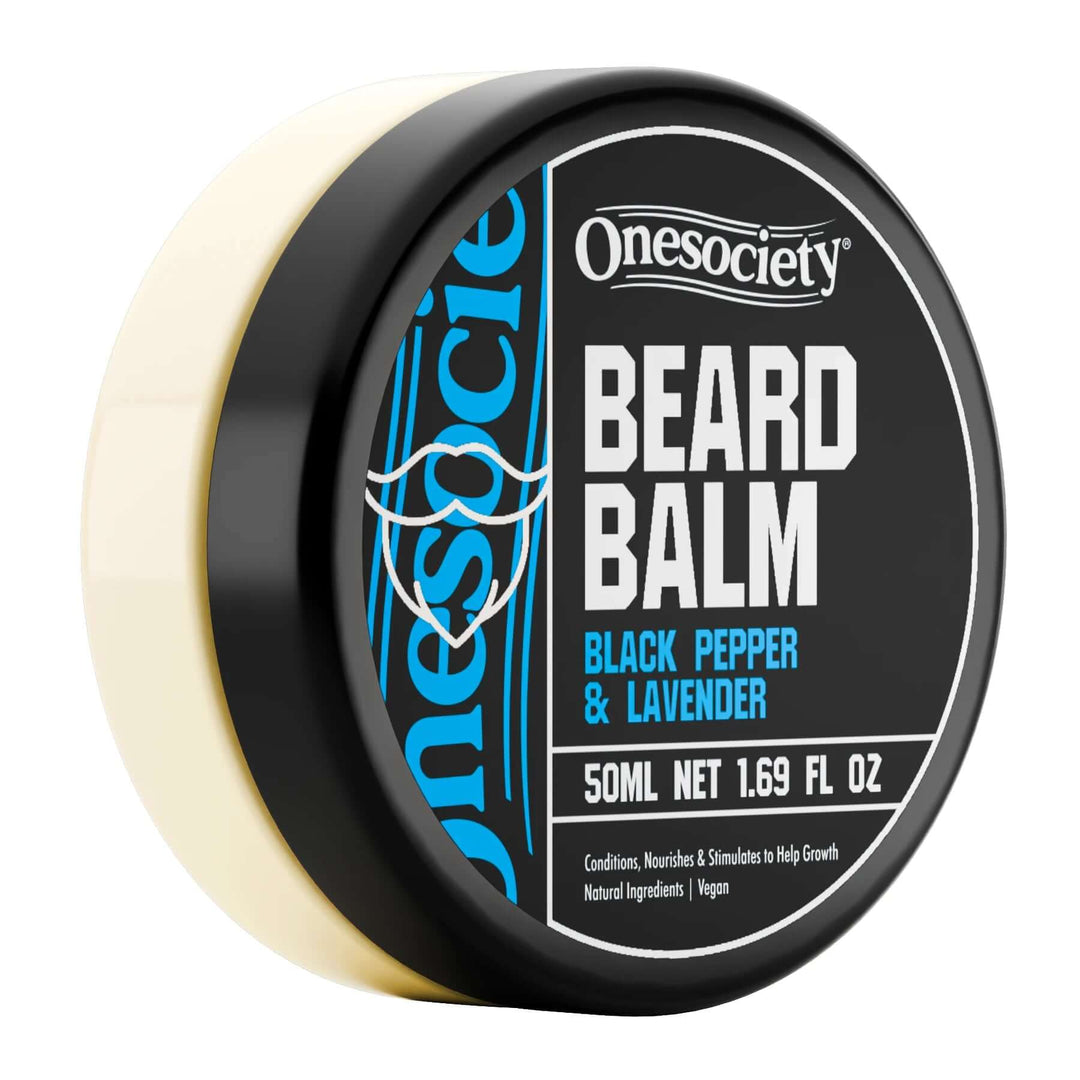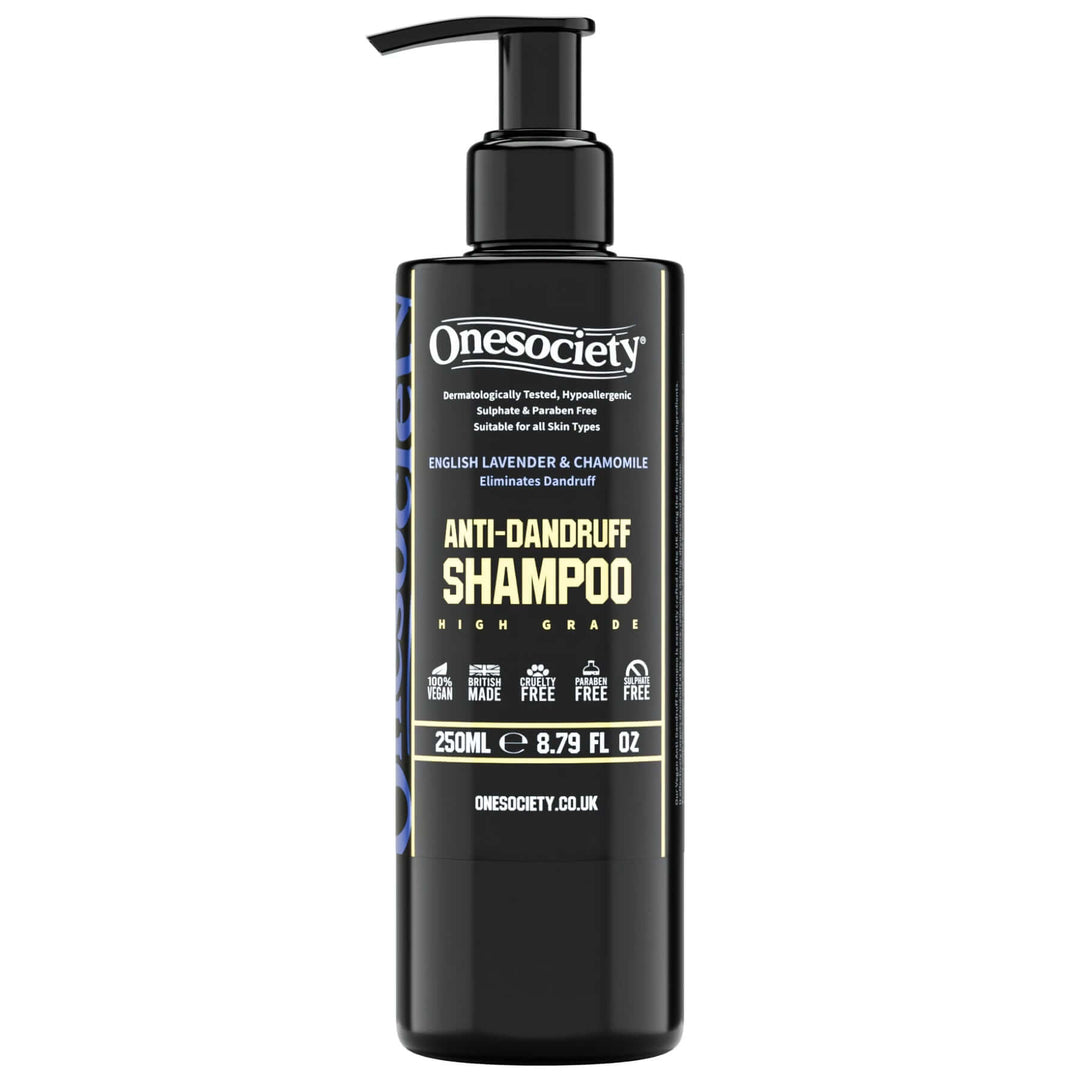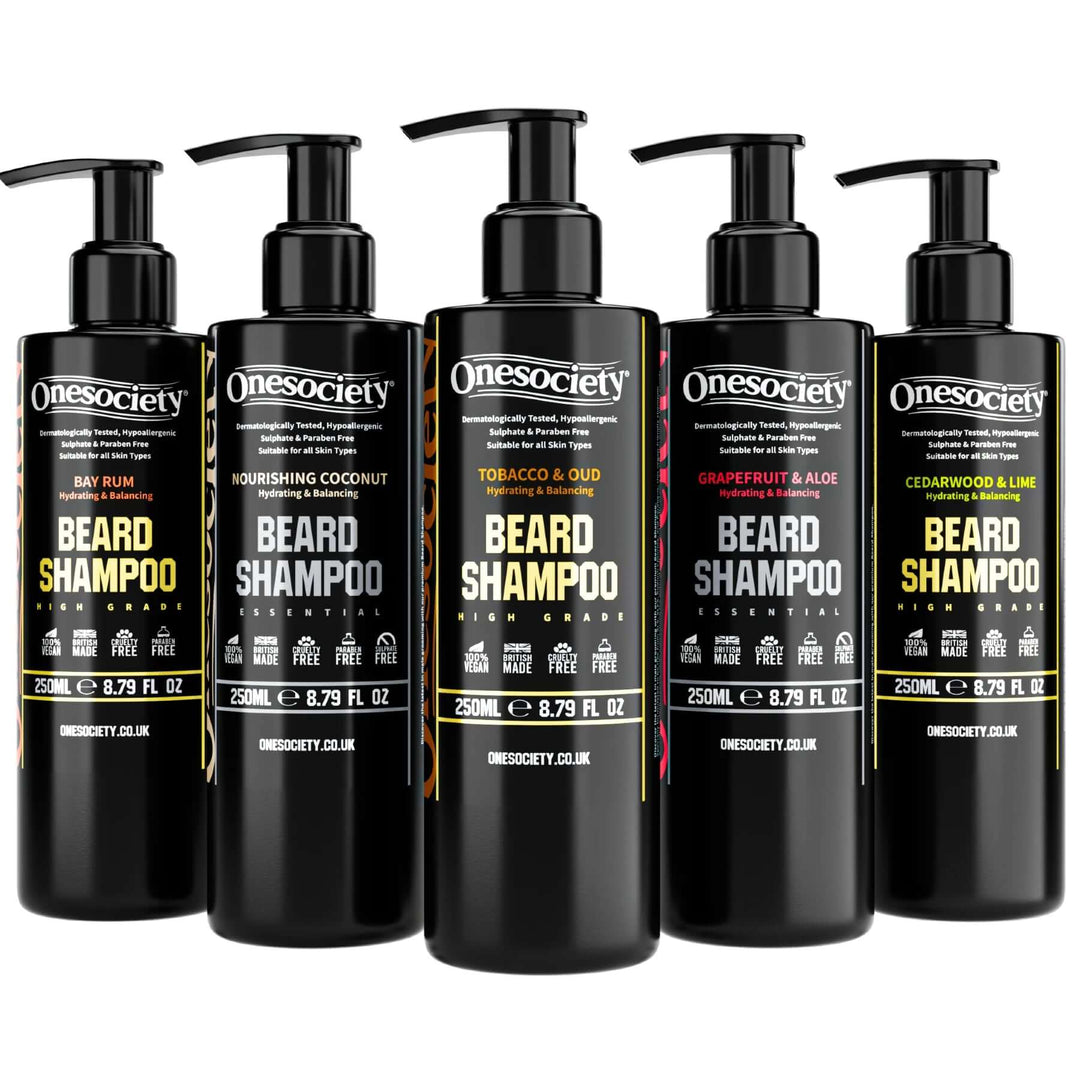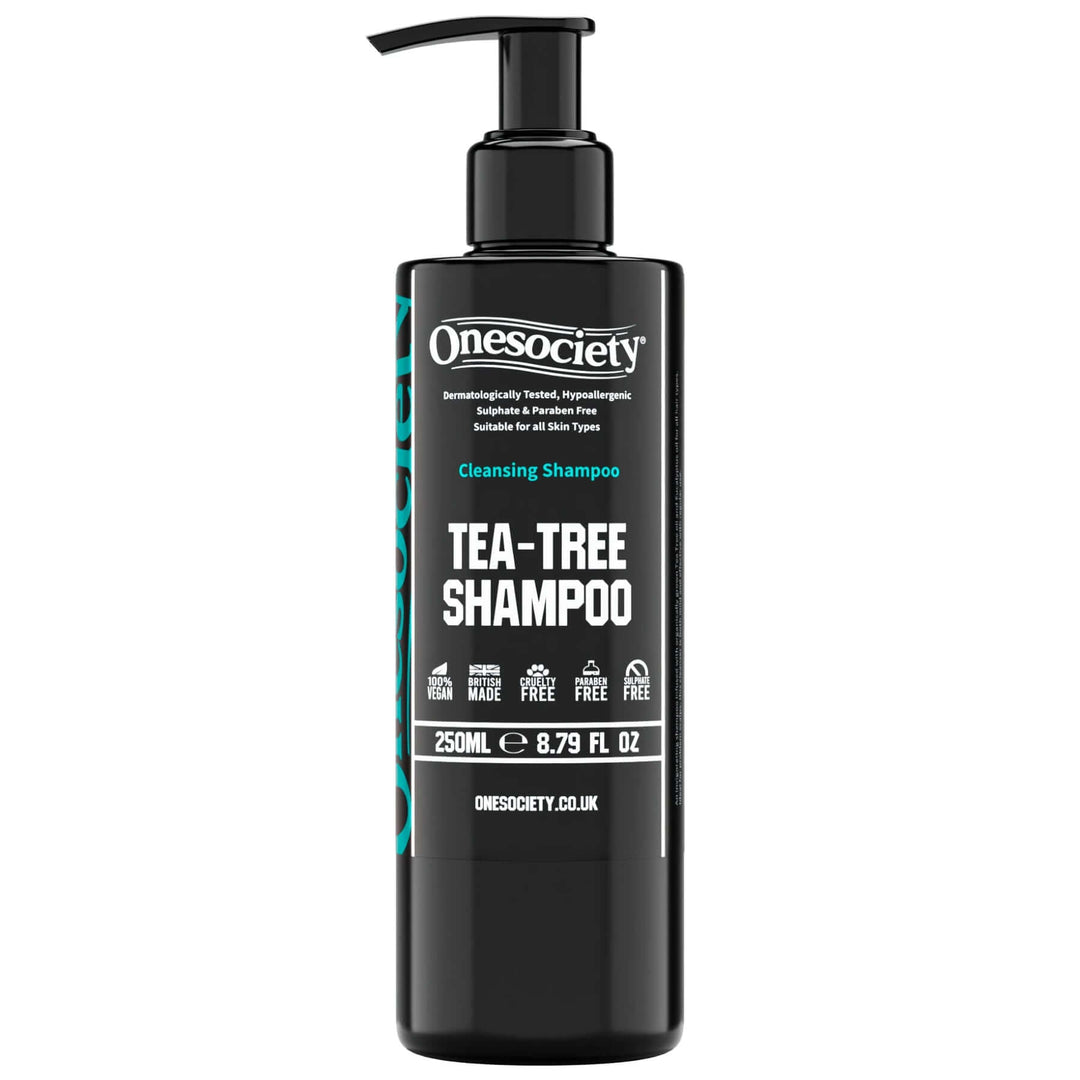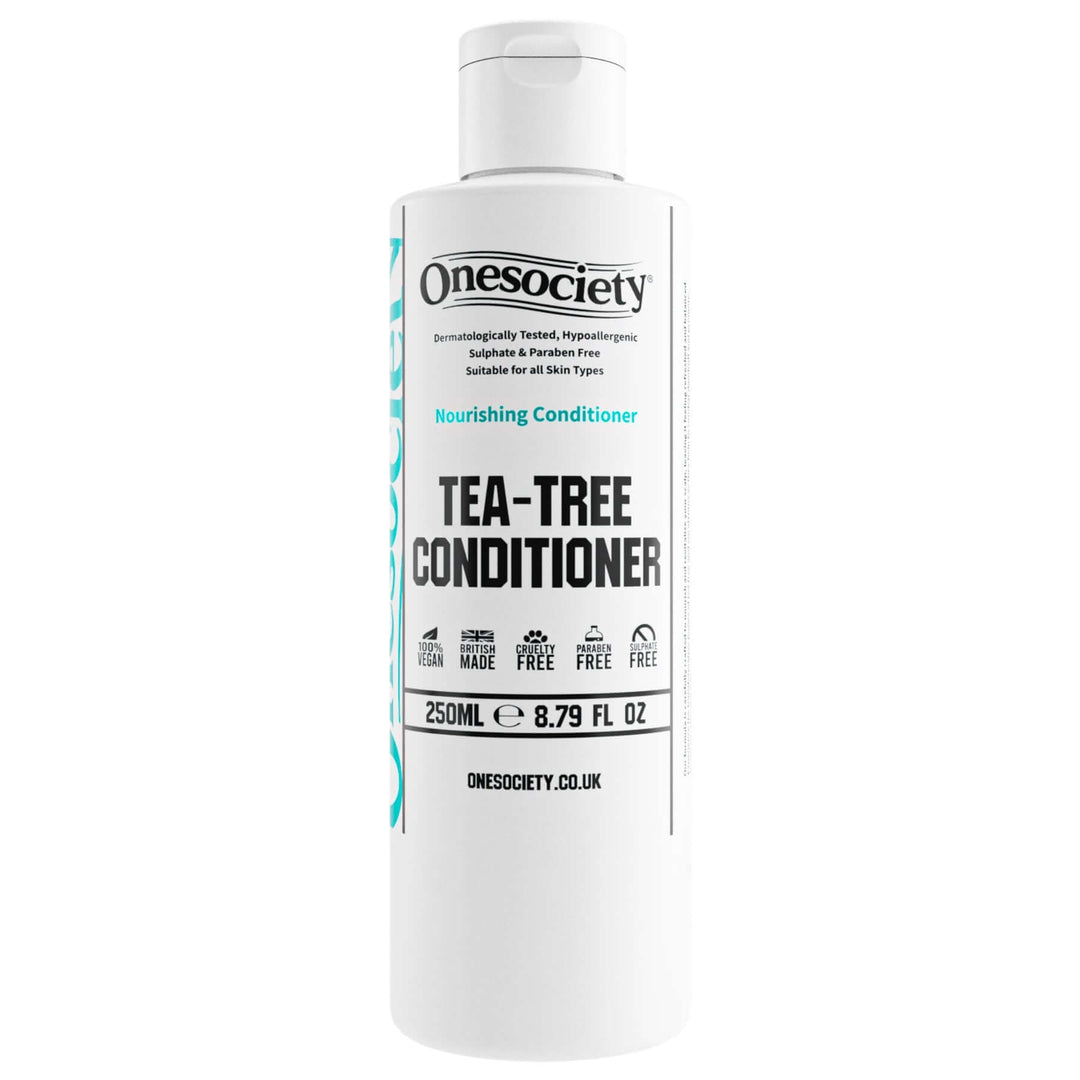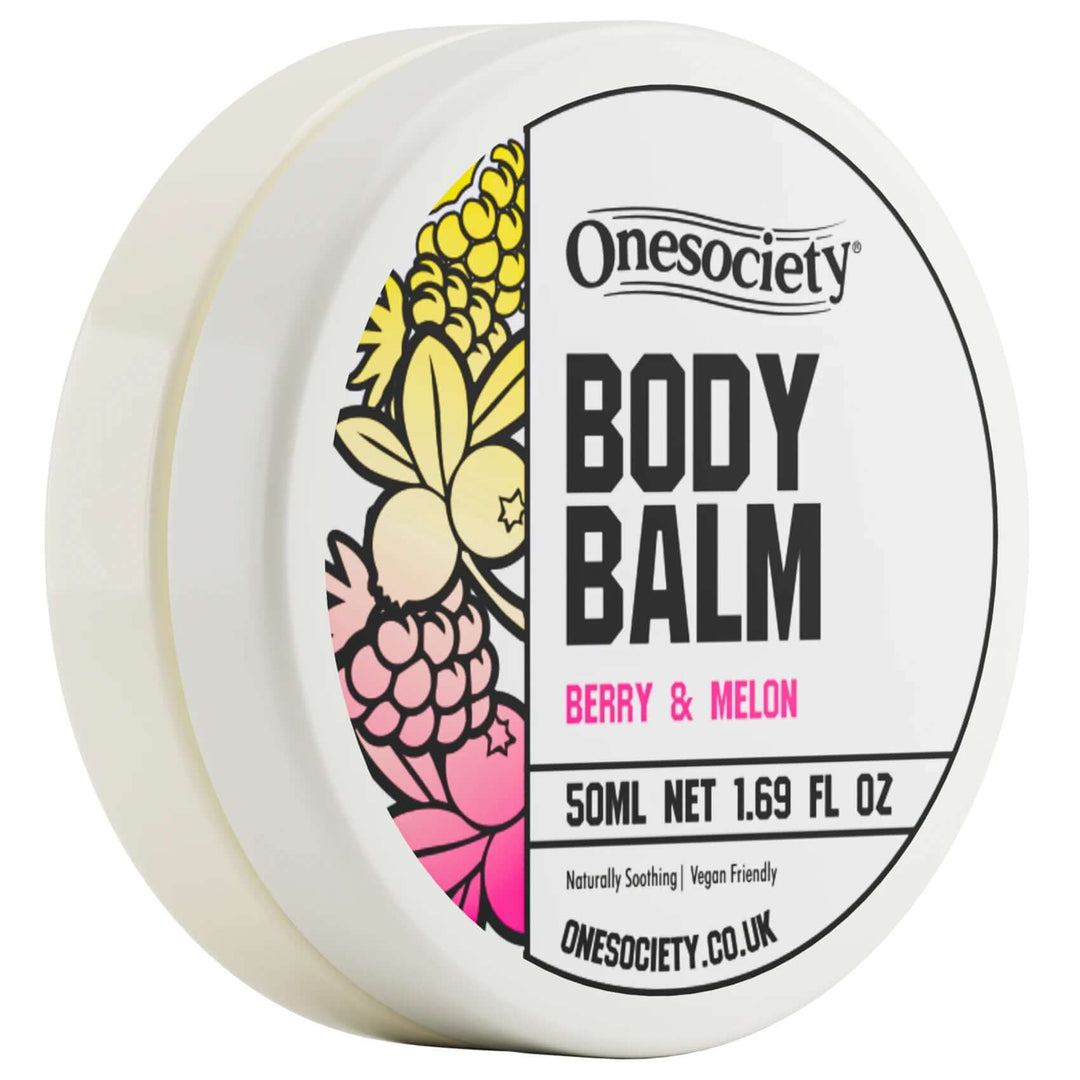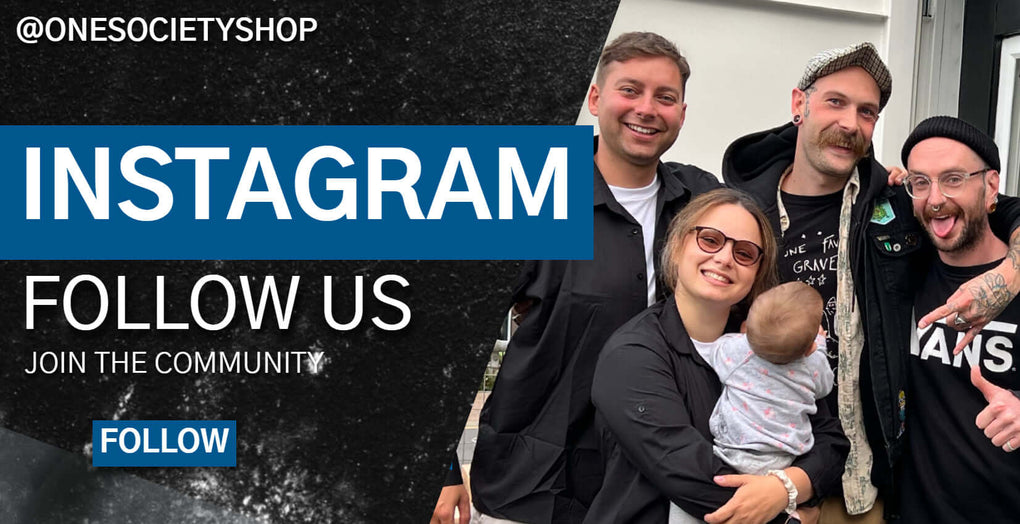Mayor of London. Why?
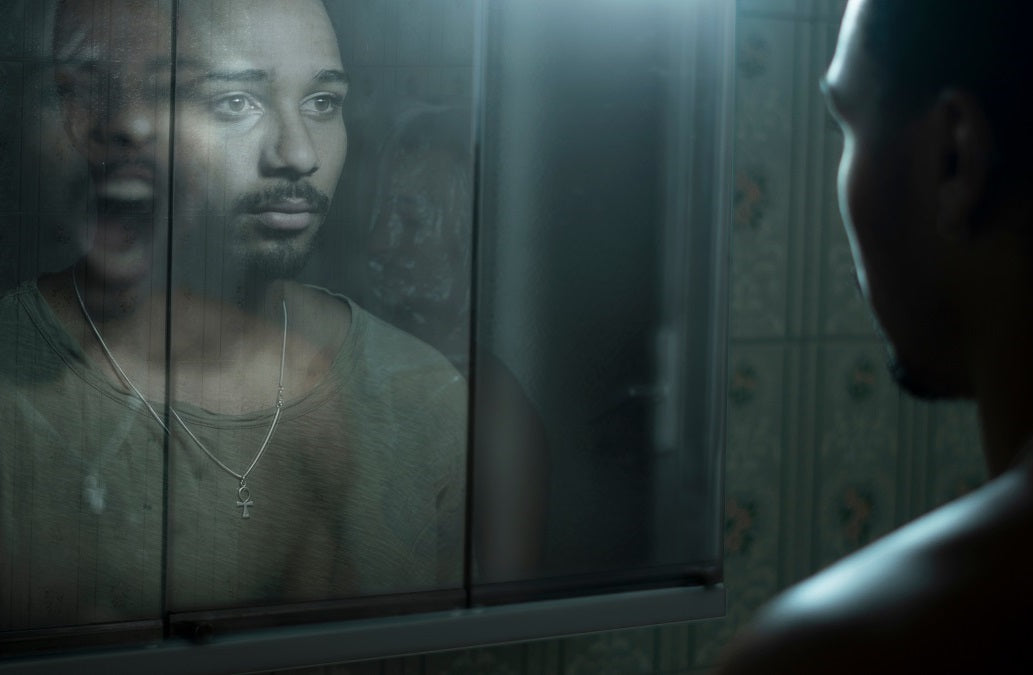
In this country – and in our city – we currently face an epidemic of violence against women and girls. In the UK, a violent man kills a woman every three days. We can change this. We need to change this. And as men, it starts by reflecting on our own behaviour and the way we see, treat and talk about women. We all have a responsibility to raise our voices to help keep women and girls safe.
The Mayor of London
The Mayor of London is seeking to stamp out sexism in the capital by calling on male residents to ’have a word with yourself, then your mates’ around any sexist attitudes or inappropriate behaviours they may harbour or observe.
Male violence against women and girls starts with words. If you see it happening, have a word with yourself—then your mates. For more information on how we’re making London safer for women, visit www.london.gov.uk/have-a-word
What is problematic behaviour?
Problematic behaviour includes disrespectful and harmful attitudes or actions that can condone and normalise abuse against women. Whilst we may not think that words have an direct impact on violence against women and girls, sexist jokes and ‘banter’ can contribute towards a culture of abuse against women and girls, and can often legitimise the behaviour of others who may end up committing serious acts of violence.
Abuse is wider than harassment and rape, and can include other actions that contribute towards this culture of abuse. This can include behaviour such as catcalling or hassling women, inappropriate touching and upskirting.
Some forms of violence against women and girls are more obvious than others, but if we all educate ourselves on what it is, signs to looks out for, and what we can do about it, then together we can help put a stop to it by supporting women and girls who are being targeted and reporting those doing the harm.
How can I call out problematic behaviour?
We know it’s not easy to be the person to challenge wrongdoing within your friendship group or even in public, but there are many non-confrontational ways to stand up to violence against women and girls.
Catcalling
Making unsolicited remarks of a sexual nature is often referred to as ‘catcalling’ and is a form of sexual harassment.
If you witness this within your friendship group or when you’re in public. Have a word with your mates or the perpetrator and tell them it’s not acceptable.
If the perpetrator shows no signs of stopping harassing the woman, offer to accompany her to a safe place and encourage them to report the incident to the police.
Upskirting
Upskirting is a highly intrusive practice, which typically involves someone taking a picture under another person’s clothing without their consent. If you see or hear of one of your friends doing this, call it out and tell them it is a criminal offence and disgusting.
If you witness this happening let the victim know and support her in finding a safe place. Encourage her to report this to the police and assist the investigation by providing a clear description of the perpetrator.
In-appropriate touching
It’s not acceptable for anyone to be touched, grabbed and groped without consent and sadly this is a devastatingly common experience for women and girls. This has sadly become part of life for many women and girls and the normalisation is perpetuated still further by a lack of response from witnesses and bystanders. If you ever see one of your friends making a woman or girl feel uncomfortable or threatened by touching, grabbing or groping them, have a word with them and tell them immediately to stop.
As seen on London.gov



